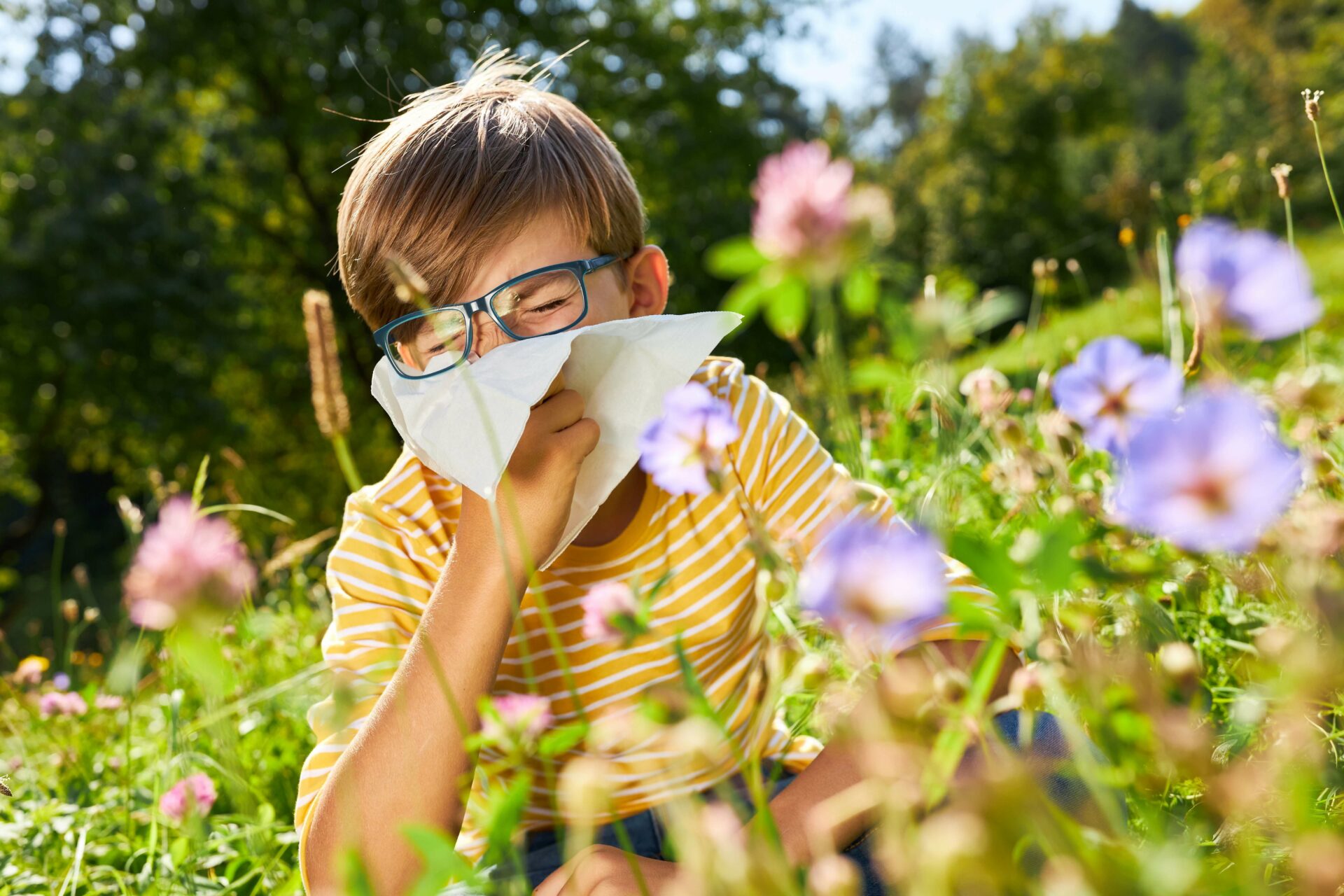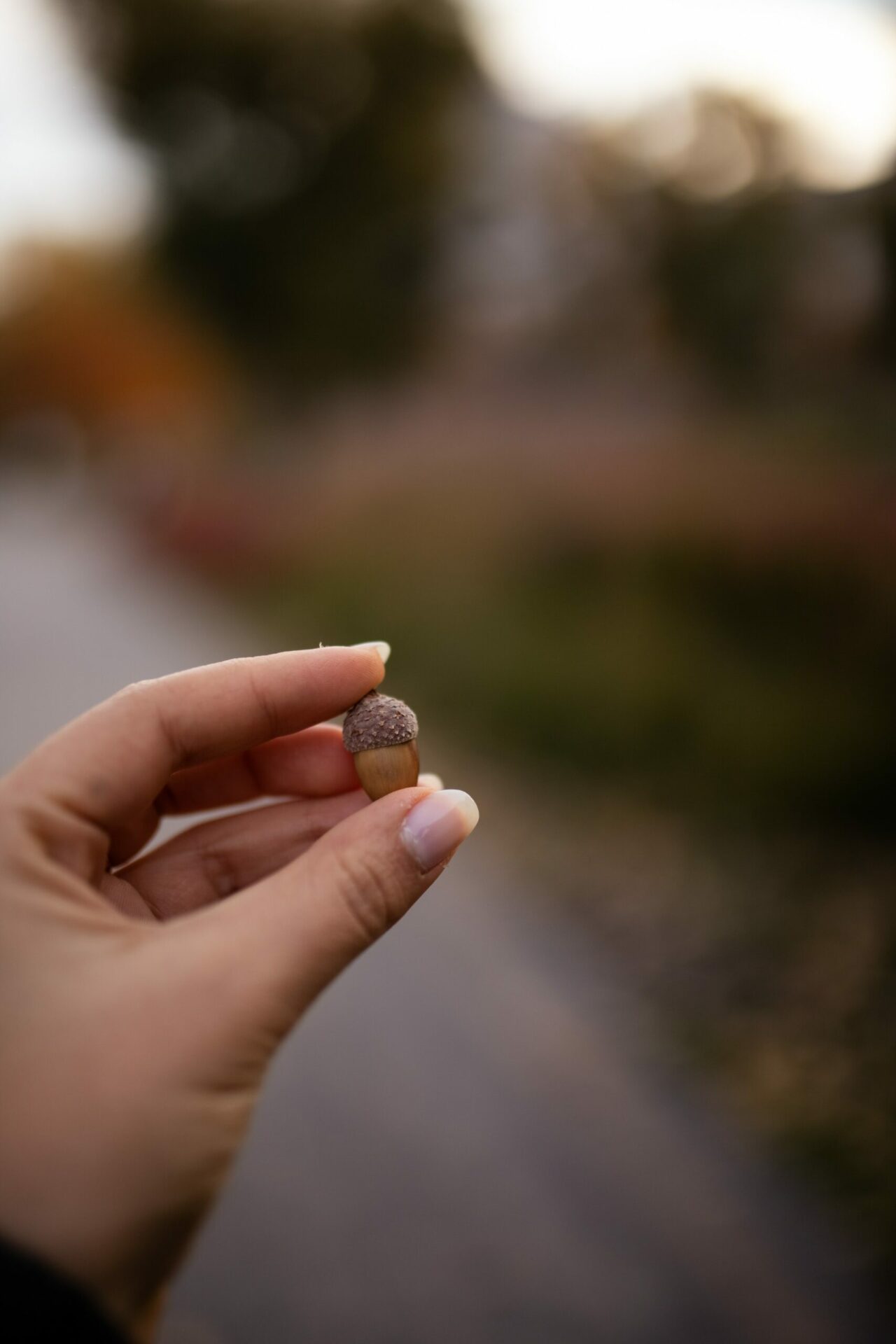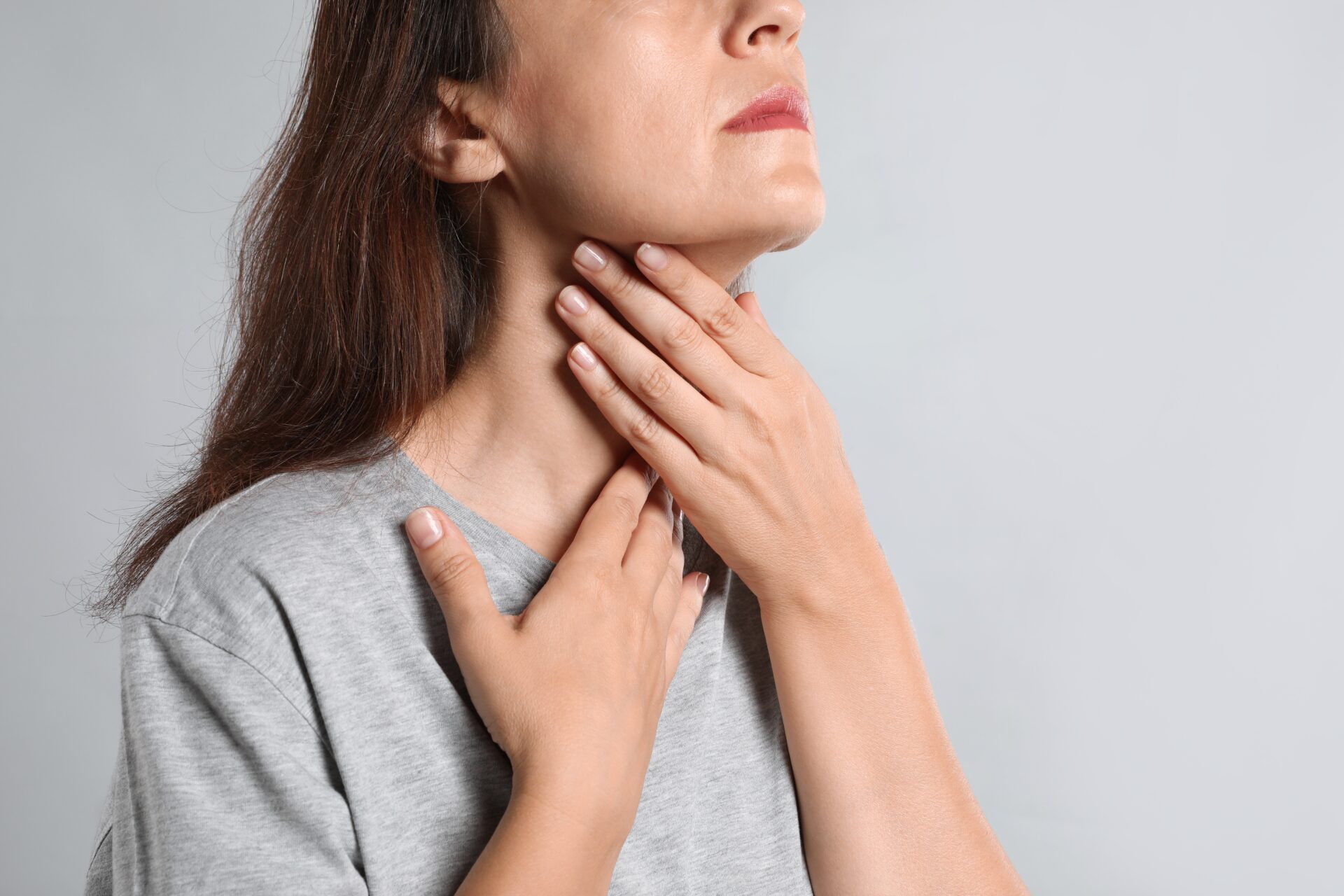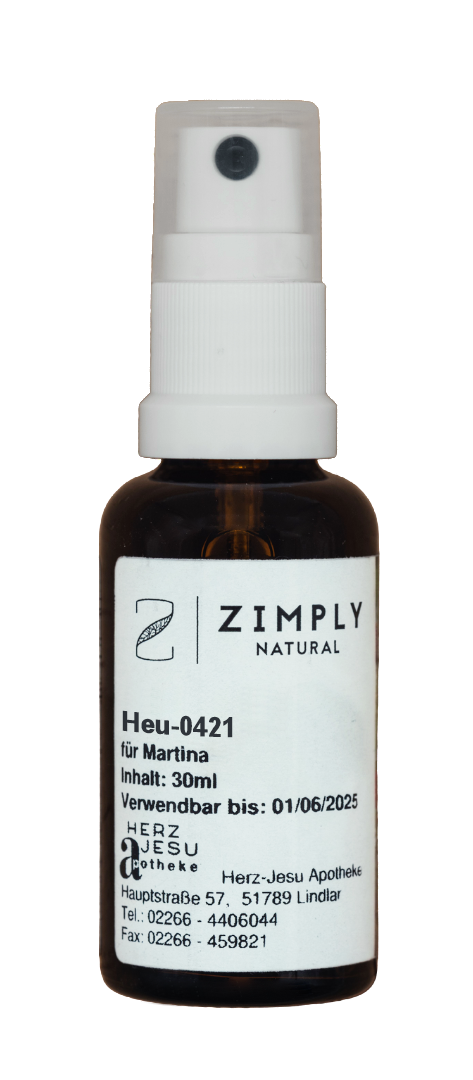
Your hay fever mixture
With natural methods such as the individual spagyric sprays from Zimply Natural, complaints can be treated and sustainably alleviated.
When does the hay fever season begin?
Hay fever season is here and allergies can start earlier than expected for people who are sensitive to pollen. Hay fever, also known as allergic rhinitis, is a condition that causes sneezing, an itchy nose, an itchy throat and itchy eyes, as well as other painful symptoms. Hay fever season usually begins in the spring when plants such as grasses and trees are pollinated, followed by weeds in late summer and early fall. Hay fever sufferers should keep up to date with pollen counts during these periods, as this will help them adjust to the seasonal changes.
What plants are you allergic to?
Hay fever sufferers know how uncomfortable the symptoms can be, but finding out which plants you're allergic to during the changing seasons can help ease your symptoms. Many grasses, such as timothy, meadow grass, and bermudagrass, and some trees, such as pines, cedars, poplars, and oaks, are commonly responsible for allergies. The pollen from these plants usually blooms in the spring, but this can vary depending on geographic location. For example, in warmer climates like Florida, ragweed can start releasing pollen in mid-August and last until mid-November. Knowing when and where to expect seasonal exposure to plant allergens can help you prepare well and reduce the impact of your hay fever.
What happens with hay fever?
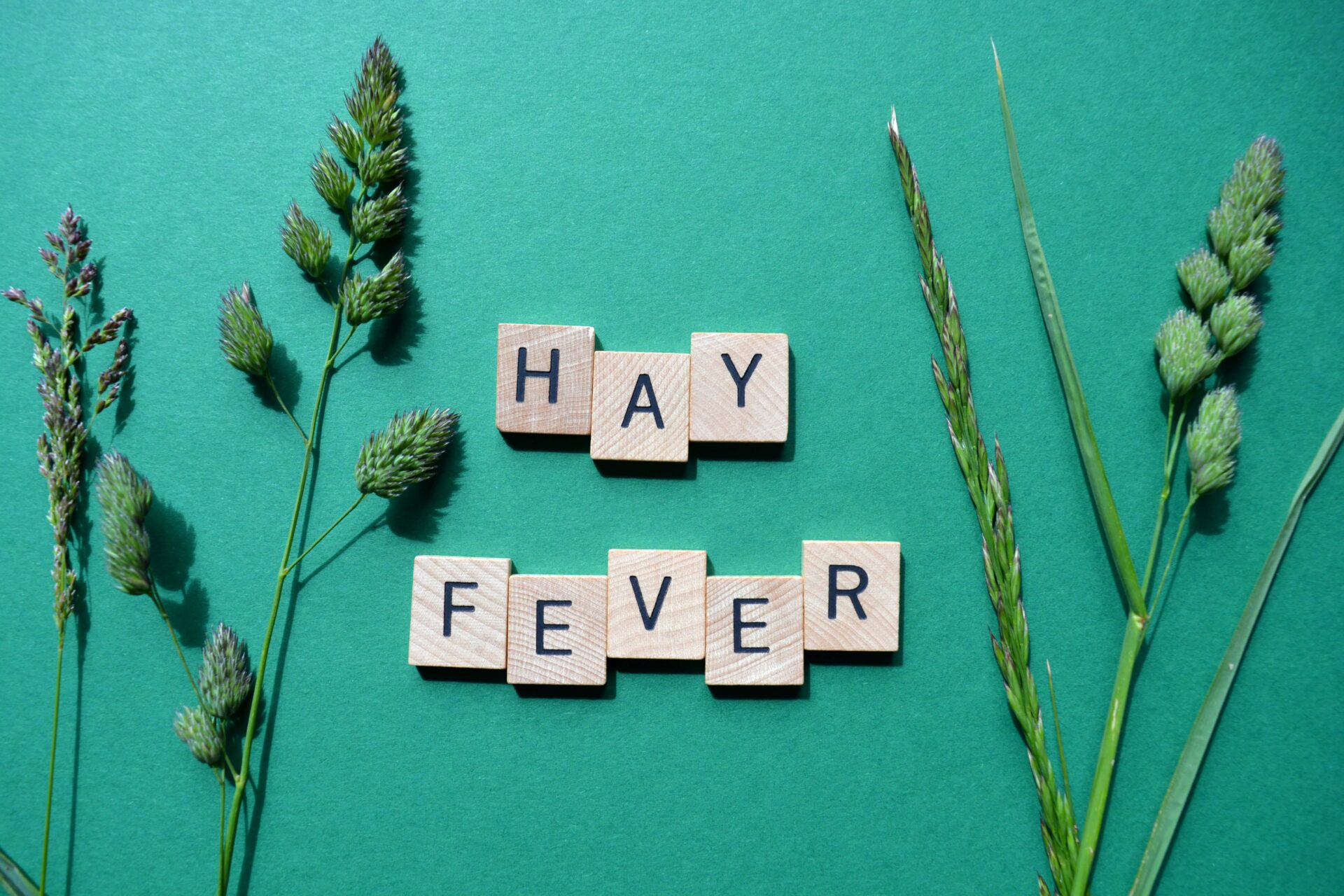
Hay fever, also called allergic rhinitis, is caused by an overactive immune system reacting to an allergen such as pollen. When the allergen enters the body, it triggers an antibody. This antibody forms chemicals such as histamine and leukotrienes that cause inflammation of the mucous membranes in the eyes, nose and throat, resulting in common symptoms such as sneezing, red and watery eyes, sore throat and a runny or stuffy nose. During hay fever season, your immune system overworks and recognizes the same allergen every time it is exposed. While there is no cure for hay fever, it can be treated with antihistamines or corticosteroids that reduce inflammation and make it easier to breathe. You can also find ways to limit exposure to the allergen, such as wearing face masks when you're outside during peak season.
What home remedies can reduce the pollen reaction?
Hay fever is a seasonal problem that affects many people. There are several home remedies, tricks and even foods that can help relieve symptoms and reduce pollen reactions. Home remedies such as sinus rinses or steam treatments can ease inflammation of the nasal passages, while a spoonful of honey has been known to reduce the severity of sneezing attacks. For inflamed eyes, soothing compresses with cool chamomile water can help reduce swelling. To avoid pollen outdoors, try going outside on rainy days and staying away from freshly cut grass, flowers or trees. Also, certain topical vitamins or supplements like vitamin C and evening primrose oil that you take internally can reduce overall symptoms if you take them at least a month before hay fever season begins. Finally, including certain foods in your diet can also help reduce an allergic reaction to pollen, for example, nettle tea and fruits like apples and oranges.
Medicinal plants for a pollen allergy - this is how Zimply Natural helps you
Hay fever doesn't have to mean relying on synthetic medications! Zimply Natural offers customized herbal blends that are tailored to your individual needs and provide relief without the side effects of traditional pills or sprays. With just 3 minutes and a few clicks, you can create your own blend from nature's medicine cabinet, making hay fever season easier than ever. At Zimply Natural, we want to help keep symptoms at bay and help you live symptom-free. Make long-term wellness a part of your life today!


